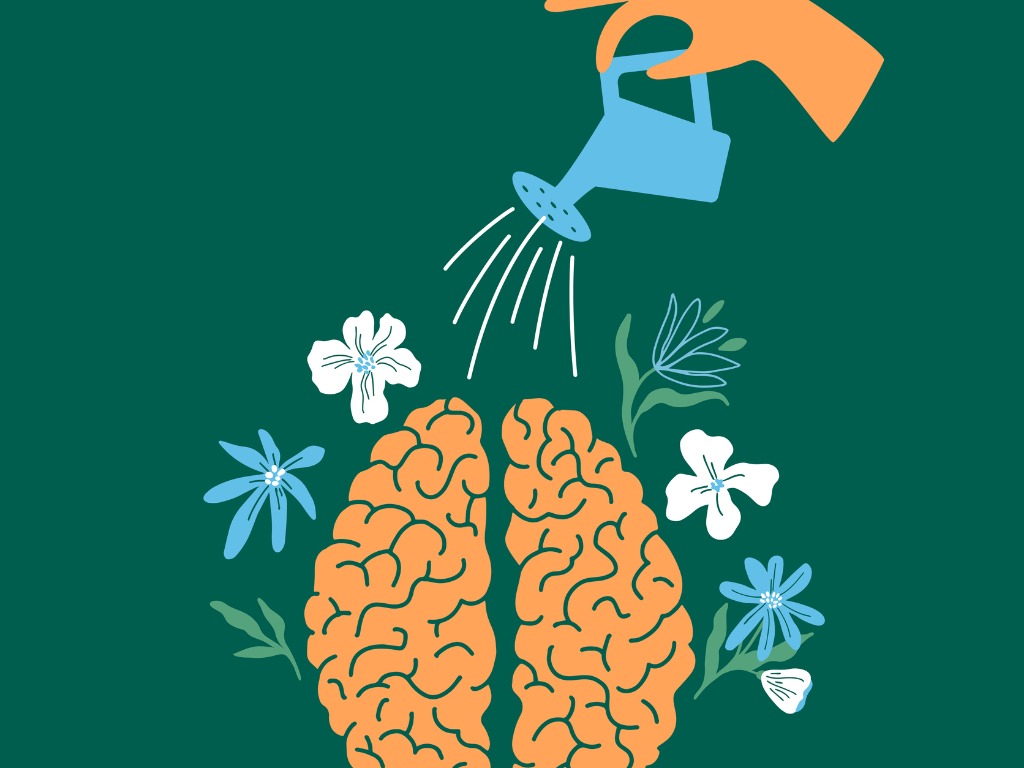
Being positive doesn’t mean pretending there is nothing wrong in the world, explains Carole Spiers
Do you see yourself as a positive or a negative person? Many people actually don’t recognise when they are being negative, as it just becomes a way of life. They are negative in themselves, and they are also negative towards others. They know how to criticise, but they never know how to compliment.
Words of Encouragement
Jonathan has just written a 1,000-word report and asks Anna, his manager, to give her opinion on it. Anna reads it and the first thing she does is to criticise it. No mention of ‘Well done for getting your thoughts together,’ or ‘There is some excellent content here, but I would add a few ideas.’ The first thought that comes to her mind is to criticise – so how does that impact on the author, Jonathan? We can imagine how deflated he feels. Having spent three hours on his report, he then receives no word of acknowledgement on the positive aspects of his work, only the negative.
Jonathan has, therefore, two alternatives: he can either get upset about this and feel demoralised, which is probably what will happen. Or alternatively, he can lower his expectations of his boss, which means he will never expect any positive words from her so he won’t be surprised at the negative response.
This is a damaging scenario that impacts on productivity but is sometimes how we have to manage. We need to know what it is about Anna that makes it hard for her to find something positive to say to Jonathan. The chances are that she has a negative mindset herself, and so this is passed on to other people. This means Anna will never be an easy person with whom to live or work.
However, unless someone encourages Anna to adopt a positive attitude, she will continue in the same way all her life and in all her relationships. It is possible that her negative attitude may even affect her physical and mental health. In fact, the positive results that typically come from an optimistic attitude are a key part of effective stress management.
The good news is that positive skills can be learnt, but one has first to be self-aware of inherent negative traits in order to replace them.
Being positive doesn’t mean that you pretend there is nothing wrong in the world. However, a positive attitude means that you approach life’s challenges in a more productive way, and you tend to work towards the idea that the best is going to happen, rather than the worst.
Positive thinking starts with self-talk. This is based upon logic, reason or information. When these thoughts are predominately negative, then you will act in a pessimistic way, but the result is reversed when your thoughts are positive.
So, which one would you rather be? I guess you would rather say ‘positive.’ So let us look at the following facts:
Positive Thinkers Usually:
- Are emotionally resilient to deal better with stress, risk, loss, grief and other challenges
- Have an optimistic outlook on life
- Have a stronger immune system
- Are more robust both psychologically and physiologically
The reality is that life is not always easy, but I suggest to you that positive thinking gives you a strong belief in your abilities and your approach to problems and therefore enables you to make the most out of any bad situation.
When things go wrong in your life, search for ways in which you can improve the situation and always try to learn from the experience.













